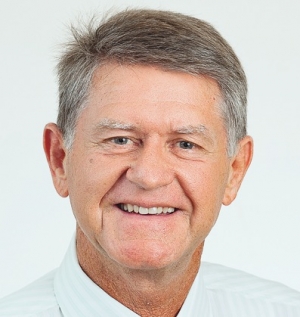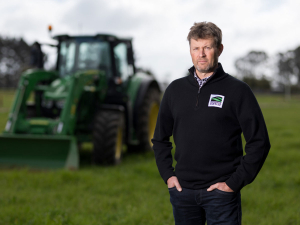Effective time management relies on best practice management in such areas as planning, selected use of the latest internet technologies, commitment by managers to a transformational approach to team leadership and continuous focus on proactive communication.
The benefits are consistent with the long-recognised principle that it is timing that drives top 10% performance. Such strategies enable managers to stay ahead of seasonal peaks. It empowers them to think ahead of the game so they can prepare the team and their systems for what lies ahead.
There are three key areas to focus on:
First, commitment to transformational leadership by growing capability within the team. Top teams are dedicated to training, development and understanding of systems so that when pressures come on everyone knows what is expected and how to respond.
Time spent in training and development must be recognised as an investment rather than a cost. It increases the potential for delegation so supervisors and leaders can focus on management and delivery of targets rather than getting caught up in day-to-day operational tasks.
Effective leaders ensure their personal time management is driven by commitment to activities that increase productive capacity and reduce their involvement in day-to-day operations. This way they leverage their skills and know-how to get the timing right for key activities.
I’ve noticed managers who excel at this can make things look deceptively easy. They seem to be less stressed and, like talented sports people, always seem to have extra time to react.
Second, effective communication. When workloads increase there can be temptation to postpone staff meetings and the one-on-one ‘check-ins’ that help maintain relationships. This is usually counter-productive as reduced communication increases the risk of error and misunderstandings.
In times of extra workload smart operators find more efficient ways to maintain communication. They make use of short and frequent briefings to communicate the plan and keep people informed, while deferring more detailed consultation meetings which require more feedback and dialogue. They use e-mail, whiteboard agendas, breakfast meetings and other creative approaches to keeping the team informed while minimising the time consumed in doing so.
They also work hard to communicate day-to-day targets and ensure performance is monitored so they can be confident key components of farming systems are being delivered. Options can range from getting photographic evidence of completed tasks to systems or using check lists and sign-off by staff to confirm tasks are complete.
Third, increase capability by taking advantage of new technologies. The combined availability of GPS, smart phones and apps (applications) to support planning, communication and logistics management has opened new horizons. These include remotely monitoring the location of staff members, exchanging images or video through e-mail, diagnosing and resolving on-farm problems, and sharing electronic ‘to-do’ lists with team members to keep everyone working to priority.
These depend on access to the internet, but this will continue growing as telecommunications and satellite systems become more sophisticated.
Teams that use a structured approach to work to priority, provide feedback on performance against expectations and continually build personal and IT capability are the ones that cope with peak workloads. The benefits of reduced stress, greater sustainability, minimised risk of accidents and increased job satisfaction make it well worth the effort.
• Kerry Ryan is a Tauranga agribusiness consultant available for face-to-face or online advice and ideas. Contact him at www.kerryryan.co.nz









